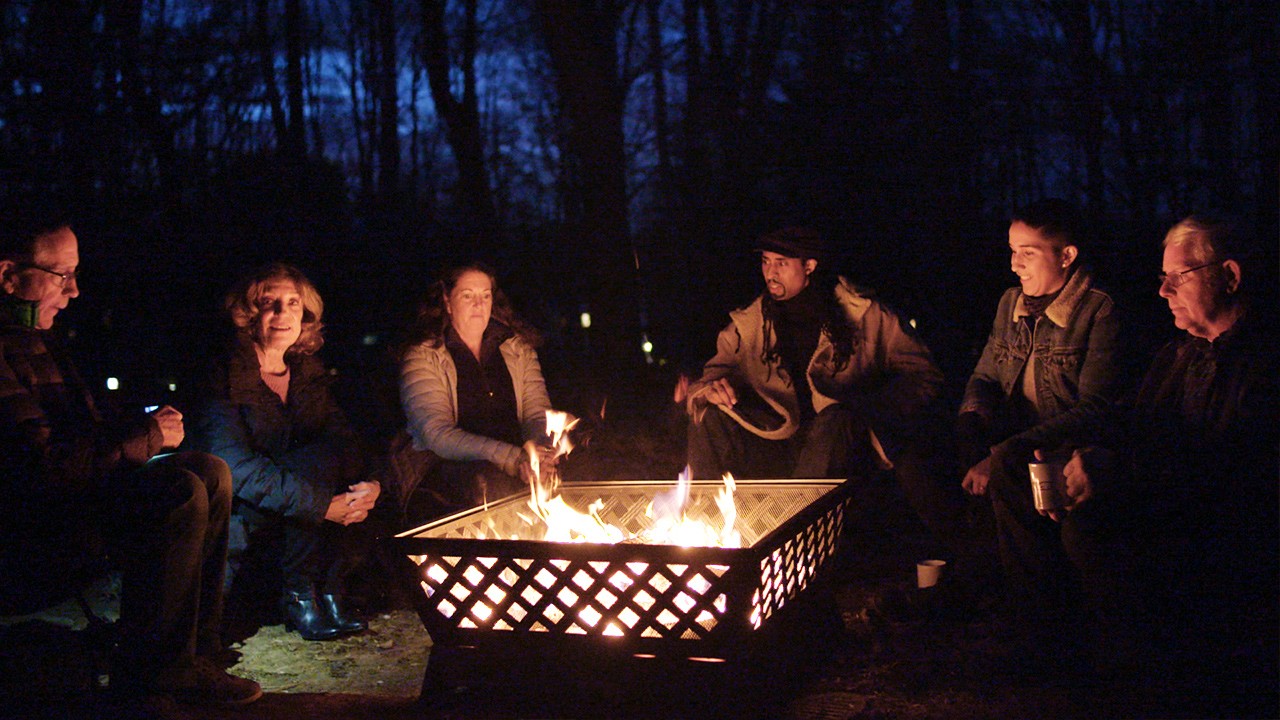The American Lung Association is taking the EPA and Congress to task for sidelining science and imperiling public health in the process.The group's annual “State of the Air” report tends to be optimistic. Long a backer of the Clean Air Act, the group’s report last year praised regulators for allowing both economic growth alongside an improvement in air quality. But this year, things are a little different.For one thing, the 2018 report, published Wednesday, singles out EPA Administrator Scott Pruitt for his role in sidelining scientific research at the agency he helms, as well as specific members of Congress that have proposed legislation that would weaken the Clean Air Act.For another, it’s projecting a grim outlook. For 19 years, the annual report has charted the slow and steady improvement of air quality, a trend due in large part to the Clean Air Act. While air quality nonetheless improved by most standards in the U.S. this year, the report gets political in a way past reports haven’t. It calls attention to the proposed repeal of the Clean Power Plan, the landmark coal power plant regulation, and the Trump administration’s retrogressive policies on climate change.“We’ve always taken policy positions.” Janice Nolen, the American Lung Association’s assistant vice president of national policy and the report’s primary author, told VICE News. “But we haven’t seen this many of the changes of the rules coming in such rapid order.”The report contains a number of other notable revelations — among them the fate of emissions regulations, the link between climate change and air quality, and how the administration is using, and not using, science to guide policy decisions.Between the rollback of the Clean Power Plan, the easing of tailpipe emissions standards, and the lax regulation of the oil and gas industry, a number of regulations designed to protect air quality are politically under threat.The EPA is currently being sued by several states for delaying a methane emissions standard that seeks to limit how much pollution can come out of new oil and gas wells. And at the beginning of April, the agency sought to ease regulations on tailpipe emissions. These moves, along with a slew of others, favor industry at the expense of public health. Air quality, even in rural, sparsely populated areas, is worse near oil and gas wells, the report finds, and people who live near highways are at renewed risk due to a loophole the EPA opened up in truck efficiency standards. The report includes a tool that allows the public to determine the air quality where they live.One of the report’s key findings is that, while particulate matter — the tiny particles emitted from smokestacks and car tailpipes — is decreasing, ozone is on the rise. The pollutant that has the effect of a “sunburn on the lung,” as the report describes it, thrives in warmer air. As the planet warms due to the emission of manmade greenhouse gases, ozone in the atmosphere will only become more potent.Ozone isn’t emitted directly. It’s created by interactions between emissions from power plants and exhaust and particles that are in the air. “It cooks in the air, and warmer conditions are more likely to create ozone,” Nolen explained.And it’s not just ozone that will become more prevalent as the planet heats up. Wildfires are a major source of short-term particulate matter pollution, and a hotter Earth means more fires.The EPA has sought to limit what scientists can participate in agency policymaking, and what sort of research can be included. The American Lung Association report warns that it’s sidelining good science in the process — and that could have an effect on air quality.A core tenet of the Clean Air Act is that it needs to rely on up-to-date science in order to be implemented properly. The report calls attention to the ways in which the science underlying the government’s ability to keep the air clean are being undercut.The EPA has revamped its science advisory board since Pruitt took office, and stacked it with scientists with ties to industry. What’s more, the agency now says that any scientists who has received an agency grant can’t participate on its science board.READ: Scott Pruitt just picked a bunch of oil and gas reps to advise the EPA“EPA is saying that if you’ve received an EPA grant, you can’t participate, but if you’ve worked with industry, you’re fine,” Nolen said. “That’s not a good trend.”Meanwhile, the House of Representatives passed the HONEST Act in March, which would prevent the EPA from relying on any scientific data that isn’t fully available online to the public. What that means, in practice, is that any study that relies on data that can’t be made public can’t be used.“That includes patient information, which you wouldn’t want anyone seeing except your doctor,” Nolen said.“Science is underlying everything that underlies what the EPA does,” she added. “We’re seeing an effort to keep people from being able to look at and analyze research that’s been well-regarded for a long time.” Cover image: Environmental Protection Agency Administrator Scott Pruitt testifies before the Senate Environment Committee on Capitol Hill in Washington, Tuesday, Jan. 30, 2018. (AP Photo/Pablo Martinez Monsivais)
Cover image: Environmental Protection Agency Administrator Scott Pruitt testifies before the Senate Environment Committee on Capitol Hill in Washington, Tuesday, Jan. 30, 2018. (AP Photo/Pablo Martinez Monsivais)
Advertisement
Emissions regulations are on the chopping block
Advertisement
Climate change and air quality are linked
Science is being sidelined
Advertisement
